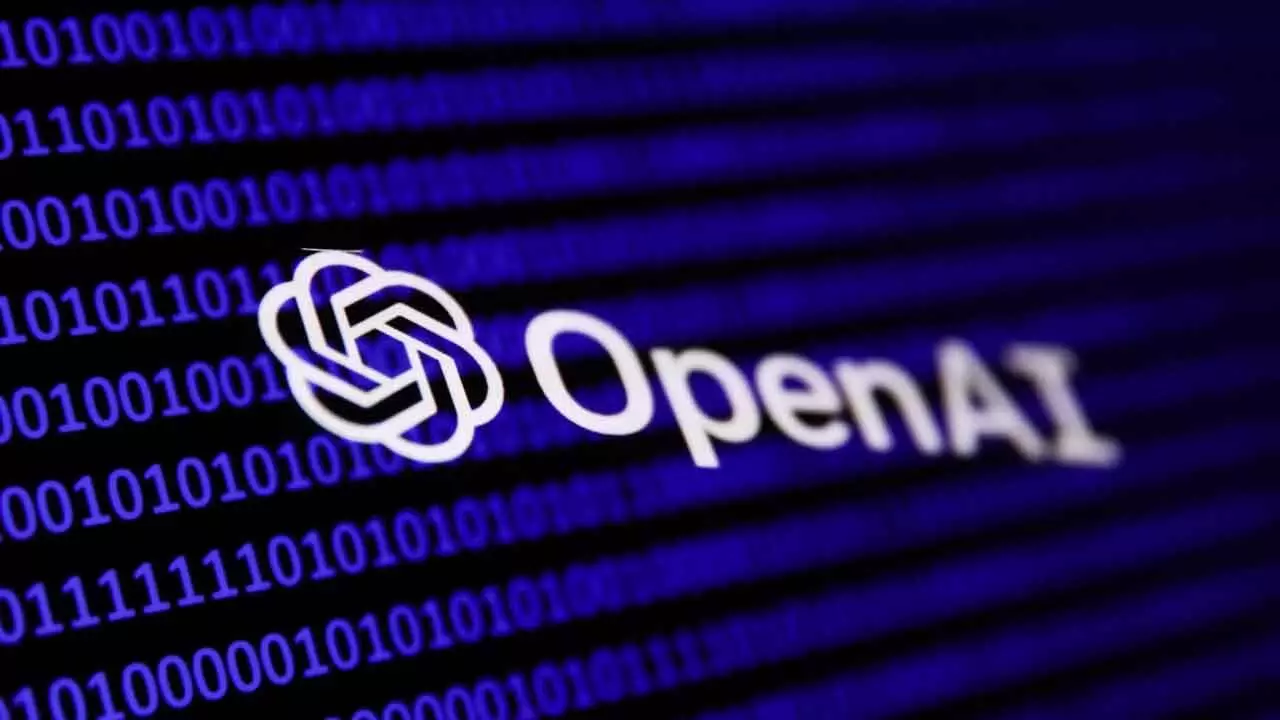OpenAI Launches Codex: ChatGPT’s New AI Coding Agent for Engineers

OpenAI introduces Codex, an advanced AI coding assistant designed to work alongside engineers as a powerful virtual coworker.
OpenAI has rolled out a new AI-powered coding agent named Codex, aiming to revolutionise how software developers interact with artificial intelligence. This new tool is being made available to ChatGPT Pro, Enterprise, and Team subscribers starting Friday. Unlike previous iterations of ChatGPT, Codex is designed specifically for coding tasks, positioning itself as an engineer’s virtual coworker.
According to OpenAI, Codex can autonomously generate code from natural language, fix bugs, conduct tests, and suggest performance improvements. What sets Codex apart is its ability to operate on sandboxed code independently, completing tasks in sessions that may last up to 30 minutes. OpenAI has plans to extend these sessions over time to support more complex development workflows.
Initially integrated into the ChatGPT web app, Codex has been restricted from accessing the Internet to ensure security and data integrity. It runs on a specialised version of OpenAI’s o3 reasoning model, codex-1, tailored for software development.
Josh Tobin, OpenAI’s research lead for agents, emphasised that the long-term vision is for Codex to act as a fully autonomous coding agent, reducing the need for manual programming and enabling engineers to delegate entire tasks to the system. Internally, OpenAI engineers already use Codex to manage to-do lists and automate coding operations, often running several tasks in parallel while focusing on higher-level goals.
Alexander Embiricos, product lead for Codex, shared that some companies in early trials are already integrating Codex into on-call engineering teams to maintain system stability. This points to Codex’s potential to become a staple tool in real-world software development environments.
While Codex is currently free for ChatGPT subscribers, OpenAI plans to monetise it after assessing user demand and performance. The launch comes at a time when AI-driven code generation is gaining momentum. Other major tech players, including Google and Anthropic, are also investing heavily in similar technologies. For example, Google recently unveiled AlphaEvolve, a new AI agent for algorithm development, while Windsurf introduced its own suite of coding models.
Notably, Codex has deep roots in OpenAI’s history. The name first appeared in 2021 as the company's initial foray into AI-assisted coding. Now, with ChatGPT’s massive success, Codex is emerging as OpenAI’s next flagship innovation—one that may reshape software engineering as we know it. With the development of Codex, OpenAI is making a bold bet that the future of coding will involve AI not just as a helper, but as a true collaborator.















